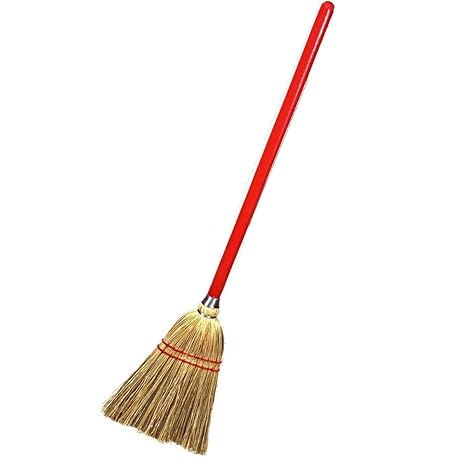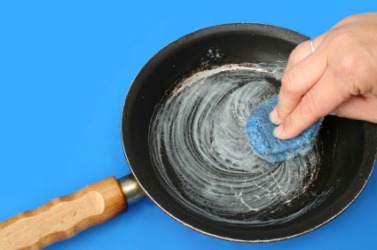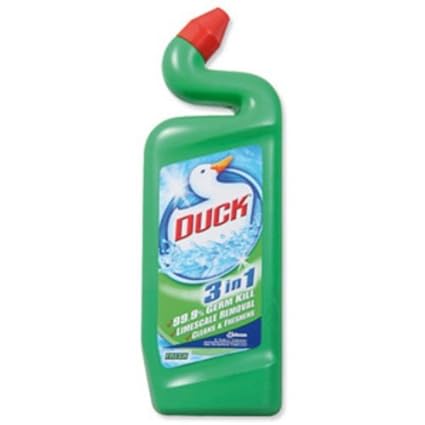A proverb is a short sentence that people often quote, which gives advice or tells you something about life. (Απόφθεγμα ονομάζεται μία σύντομη πρόταση ή φράση, η οποία περιέχει συμβουλές ή κρίσεις από πρόσωπα αδιαμφισβήτητου κύρους και θεωρείται μία αιώνια αλήθεια.)
The study of Proverbs is called Paremiology and we can trace the origin of proverbs as far as the times of the great Philosopher Aristotle. But the authors of most of the proverbs are still unknown.
Today's proverb is " A bad workman always blames his tools."
But how has this proverb come about?
Kumar and Ravi were two farmers who were neighbors. Both owned a pair of oxen (singular:ox/plural:oxen - βόδι/βόδια) each with which they plowed (άροτρο / οργώνω) their land. Kumar worked hard all day long in order to get a good yield (σοδειά / αποδίδω/ λυγίζω) and looked after his oxen very well since he knew that they were very important for his farming activity.
Ravi on the other hand was very lazy and a miser (τσιγκούνης / παραδόπιστος) who never fed his oxen properly but extracted maximum work from them and kept complaining that they were not doing a good job.
As a true friend Kumar advised and pointed out to Ravi that it was cruel to ill-treat (κακομεταχειρίζομαι) the animals which were helping him make a living. Ravi paid little heed to Kumar’s words. He soon bought a tractor to plow his land and chased the oxen away, since he no longer needed them. Taking pity on the poor animals Kumar took them under his wing (παίρνω κάτω απο την εποπτεία μου) although he could ill-afford to maintain them.
The monsoon (μουσώνας) soon arrived and it was time for cultivation. Kumar’s land was well plowed and ready for cultivation – thanks to his oxen. Ravi in his miserly fashion had not maintained his tractor well and it kept giving him trouble. As a result, he could not get his land ready for cultivation on time. He lamented and blamed it all on bad luck not realizing that it was he who was responsible for his miserable state. Ravi not only lost out on a good yield by his laziness but also spent more money than required to repair his tractor due to poor maintenance.
Despite having better equipment, Ravi was unable to get the best results, whereas Kumar was a good workman and hence (επομένως) was able to succeed with the limited resources that he had.
Video source:




















